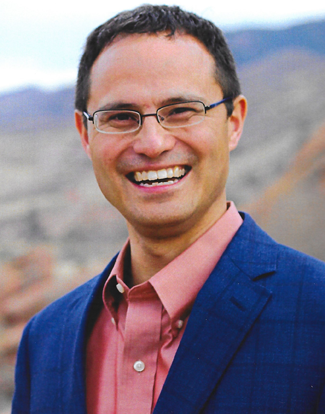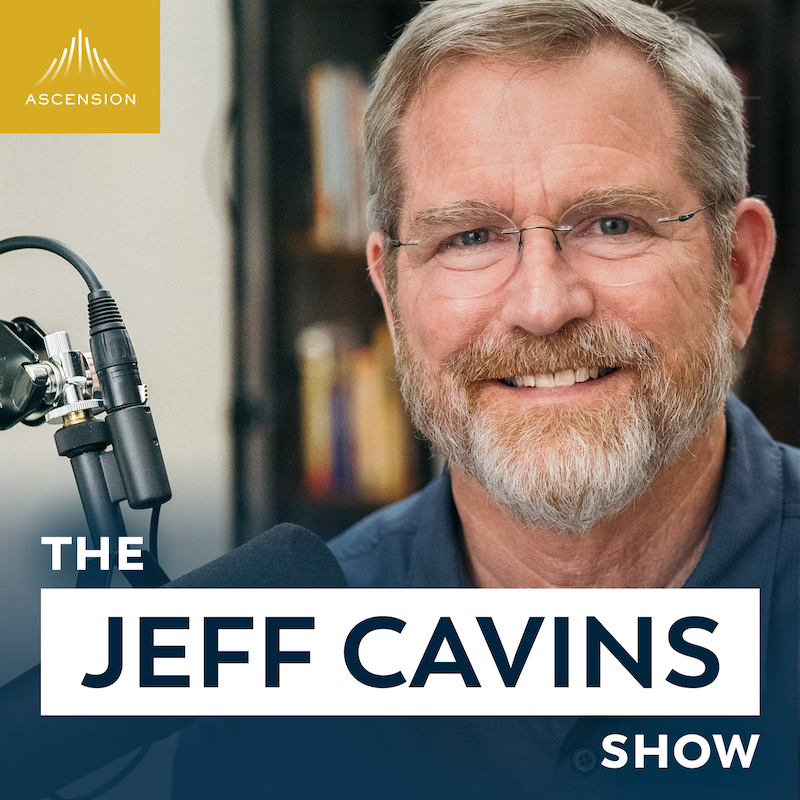Is picking a religion just like picking an ice cream flavor? Does it just come down to personal preference? We live in a society that has normalized religious relativism and reduced belief to individual taste. Today, Dr. Sri explains how to navigate the major differences between religions, and teaches us why as Christians, we cannot conform God to our personal opinions.
Shownotes
“
Christianity boldly proclaims that the Lord of the universe wants to be the Lord of your heart.
Shownotes
“
Are all religions just the same? Should we pursue a religion merely based on personal taste and preference? Is picking a religion to follow just like picking an ice cream flavor? We live in a society that has normalized religious relativism. Following a religion has been reduced to personal opinion and individual preference. By adopting this mindset, we end up believing that God simply conforms to our own ideas and that we are the ones who ultimately construct the reality of God. However, by studying the world religions, we can see that there are major differences between religions and these differences have significant implications for our lives. Let’s look at some of the general differences across religions, using C.S. Lewis’ framework in his book, Mere Christianity.
“Pantheists usually believe that God, so to speak, animates the universe as you animate your body: the universe almost is God, so that if it did not exist He would not exist either, and anything you find in the universe is a part of God. The Christian idea is quite different. They think God invented and made the universe-like a man making a picture or composing a tune. A painter is not a picture, and he does not die if his picture is destroyed.”
– C.S. Lewis
“If you do not take the distinction between good and bad very seriously, then it is easy to say that anything you find in this world is a part of God.”
– C.S. Lewis
“For Christianity is a fighting religion. It thinks God made the world-that space and time, heat and cold, and all the colours and tastes, all the animals and vegetables, are things that God “made up out of his head” as a man makes up a story. But it also thinks that a great many things have gone wrong with the world that God made and that God insists, and insists very loudly, on our putting them right again.”
– C.S. Lewis
FOUNDATIONS
- St. John Paul II: Religious relativism is a major obstacle to faith and evangelization in today’s world
- We don’t make up God.
- God exists from all eternity.
- God is ultimate reality: my opinions or ideas conform to him. God does not conform to our opinions.
SOME KEY DIFFERENCES BETWEEN RELIGIONS
Monotheism vs. Polytheism
- Monotheism is the belief in one God.
- Polytheism is the belief in many gods/deities.
Pantheistic Monotheism vs. Transcendent Monotheism
Pantheistic Monotheism
- God is in everything; the divine reality permeates everything.
- God is beyond good or evil and indifferent to ethics or morality.
- Anything that happens in the world is part of God.
- Some strands of pantheistic monotheism believe in the idea of Karma.
Transcendent Monotheism
- God created the universe out of nothing.
- God is distinct from his creation.
- Evil and suffering are a consequence of sin–either our own sin, others’ sin, or the original sin which brought disharmony, suffering and death into this world.
- God wants to set things right through his law.
Deism vs. Revealed Transcendent Monotheism
Deism
- God exists, but does not intervene in this world.
- God is not involved in our lives.
- God does not hear our prayers, guide our lives, or have a plan for our lives.
- God is more like a spectator; he is uninvolved. We do not have a personal relationship with Him.
Revealed Transcendent Monotheism
- God doesn’t just exist. He interacts in this world, seeks us and reveals himself to us (Judaism, Christianity, and Islam)
- God hears our prayers, helps us, guides our lives, has a plan for our lives
The Uniqueness of Christianity
- Jesus is God, not just a prophet, a messenger, or a teacher.
- God became flesh in the person of Jesus to save us from sin and death.
- God is love, He desires to heal us, lead us, and guide us to Himself.
- Jesus is the way, the truth and the life.
- Jesus invites us to be the Lord of our entire lives. He invites us to surrender everything to Him.
Resources
- Visit Dr. Sri’s website at www.edwardsri.com and to book online events with Dr. Sri email events.edwardsri@gmail.com
- Find more of Dr. Sri’s episodes at ascensionpress.com/allthingscatholic
- Ascension is pleased to offer our new and improved online bible study programs and sacramental preparation programs digitally to help you minister with flexibility. Go to ascensionpress.com to view all our offerings.

Dr. Edward Sri is a theologian, well-known Catholic speaker, and author of several best-selling books. His work with Ascension includes study programs such as A Biblical Walk Through the Mass, No Greater Love: A Biblical Walk Through Christ’s Passion and Mary: A Biblical Walk with the Blessed Mother. Several of Dr. Sri’s programs were filmed on-site in the Holy Land, and feature immersive video explorations of the sacred sites where Jesus, Mary, and the Apostles lived and died.
Dr. Sri is the host of the acclaimed Ascension podcast All Things Catholic with Dr. Edward Sri. Together with Curtis Martin, Dr. Sri is a founding leader of the Fellowship of Catholic University Students (FOCUS), of which he serves as senior vice president of Apostolic Outreach.
Dr. Sri lives with his wife Beth and their children in Colorado.





